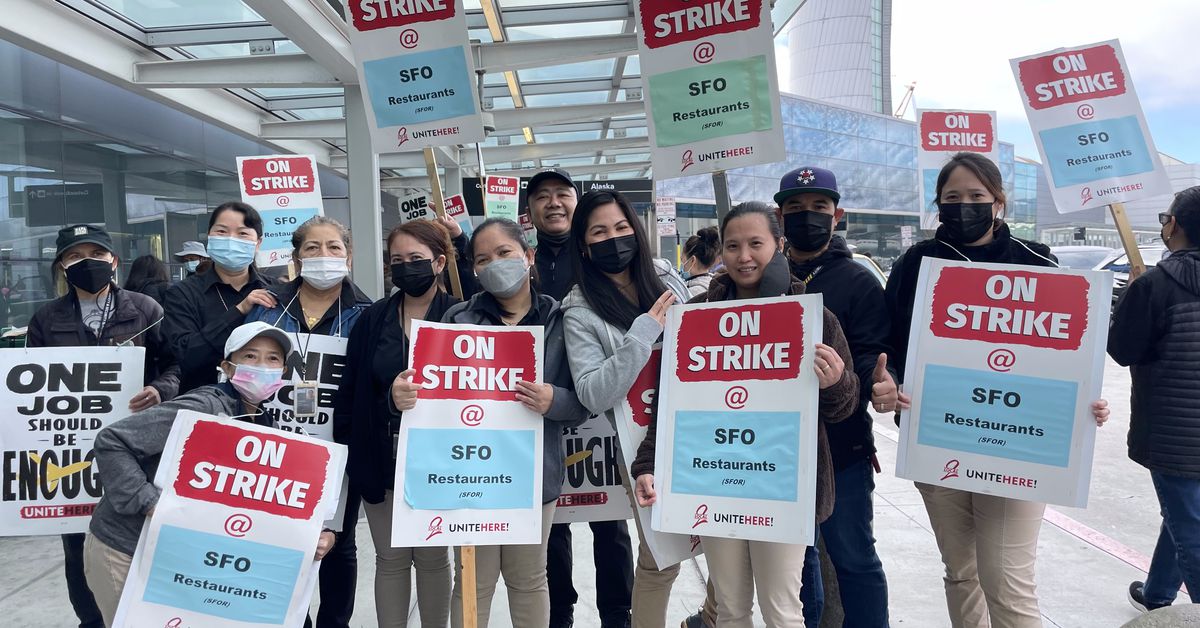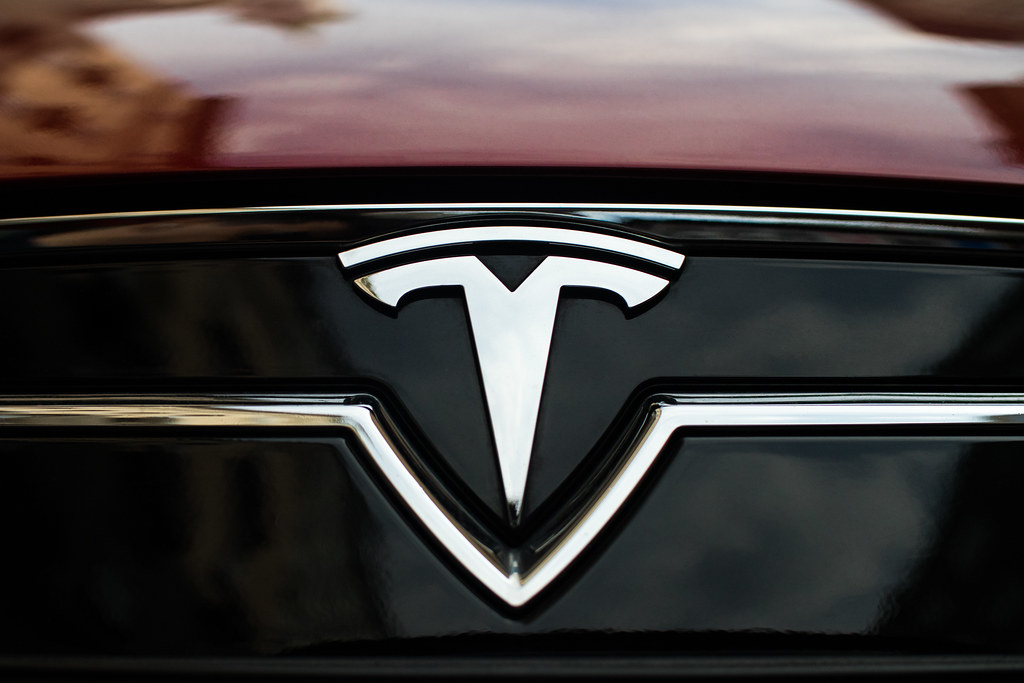Two years ago, as I was nowhere near being able to drive a car (to say nothing of a spaceship), I was generally unaware of Elon Musk’s business achievements. However, as any functioning member of society, I found myself appalled by the constant flow of news concerning Musk’s questionable treatment of women, and shocked when my favorite uncle told me that Musk was his hero. We had an argument—not our first— about his scandals and divorces (about which I totally wish I didn’t waste my time learning). My uncle kept telling me that Musk was a revolutionary because, not only was he the CEO of several companies, but also he founded SpaceX, which my uncle said was “basically the future of space.” Ultimately what I got out of the argument was that Elon Musk was (probably) a genius—but his social skills were not quite on par.
I thought about this argument again with Musk’s recent takeover of Twitter. Musk’s empire had grown—but it seemed that his subpar interpersonal skills had not.
To anyone confused about Twitter’s current situation, here’s a quick summary of what happened: Twitter is going through a reign of terror under Elon Musk. Elon Musk essentially gave a confidential survey to the employees of Twitter that practically told them that they would have to give up their personal life for Twitter. The confidentiality aspect got thrown out his office window as almost all of the employees’ letters of resignation piled up on his desk. Then there was the whole verified-label-debacle in which he let anyone purchase a verified label for very cheap, leading to the impersonation of celebrities and even large monetary loss for some companies.
The most laughable part of the whole affair was that Elon Musk didn’t even want to buy Twitter. Of course, buying Twitter was his original aim. Likely, under the guise of “maintaining free speech,” Elon Musk had wanted to buy Twitter to create a set of customers for a new payment system that he was developing to get back at his old buddies from PayPal who had kicked him out of the company, but eventually tried to back out of the deal. Twitter makes its money through advertisements, so when companies who put ads don’t pay to advertise their products to spam accounts. However, as soon as he offered a deal, he started to back out. Musk claimed that the company had misled him about the amount of spam on the platform, and that he now believed that it would be difficult to generate revenue.
One major reason that people speculate Musk wanted to back out of the deal is because someone in his circle finally got through to him about how much this deal exposed his other holdings. In other words, someone finally made him realize that this would put his ability to maintain control of his Tesla shares at risk. There was clearly some truth to that statement as reflected by the major drops in Tesla’s stock price.
But Musk’s troubles with Twitter didn’t end there. Do you remember him claiming that he wanted to buy Twitter to save free speech? Yeah, not so much. Recently, Elon Musk removed Trump’s Twitter ban.
Prior to January 2021, when Donald Trump practically dominated Twitter with his asinine posts that were often discriminatory and factually incorrect. Trump had such clout on Twitter that he changed the political agenda from what the nation wanted to what he wanted—simply by posting something. After January 6, Twitter decided to ban him from posting on their platform. In order to maintain his control of the media,Trump first migrated to the conservative Twitter alternative Parler, and then created a new social media platform for his following, Truth Social. By giving back his account, Musk essentially handed back extensive power to a man with a proclivity for authoritarianism… however, instead of acting with his usual flair, Trump decided to maintain his attention on Truth Social.
In rejecting Twitter, Trump was “ungrateful,” as Musk saw it. Twitter was a more popular social media platform, and Trump could have helped both himself (as a presidential candidate) and Musk by using it From Musk’s perspective, removing Trump’s ban was mutually beneficial, but Trump refused to cooperate.
Coincidentally, Musk has recently announced that he was supporting Ron DeSantis, another major candidate for the republican nominee of the 2024 election. Musk supporters would likely say this sudden change of heart had arisen because Musk realized that Trump was unfit to be president. But it is highly likely that Elon Musk could have lent his support to Ron DeSantis because he took a hit to his ego due to Trump continuing to use Truth Social as his main social media platform. As he has proven before, Musk doesn’t take well to being dissed.














![Teacher [Milk] Tea: Part 2](https://bisvquill.com/wp-content/uploads/2024/03/Screen-Shot-2024-03-19-at-9.28.48-PM.png)
![Teacher [Milk] Tea: Part 1](https://bisvquill.com/wp-content/uploads/2024/03/milk-tea.png)


































